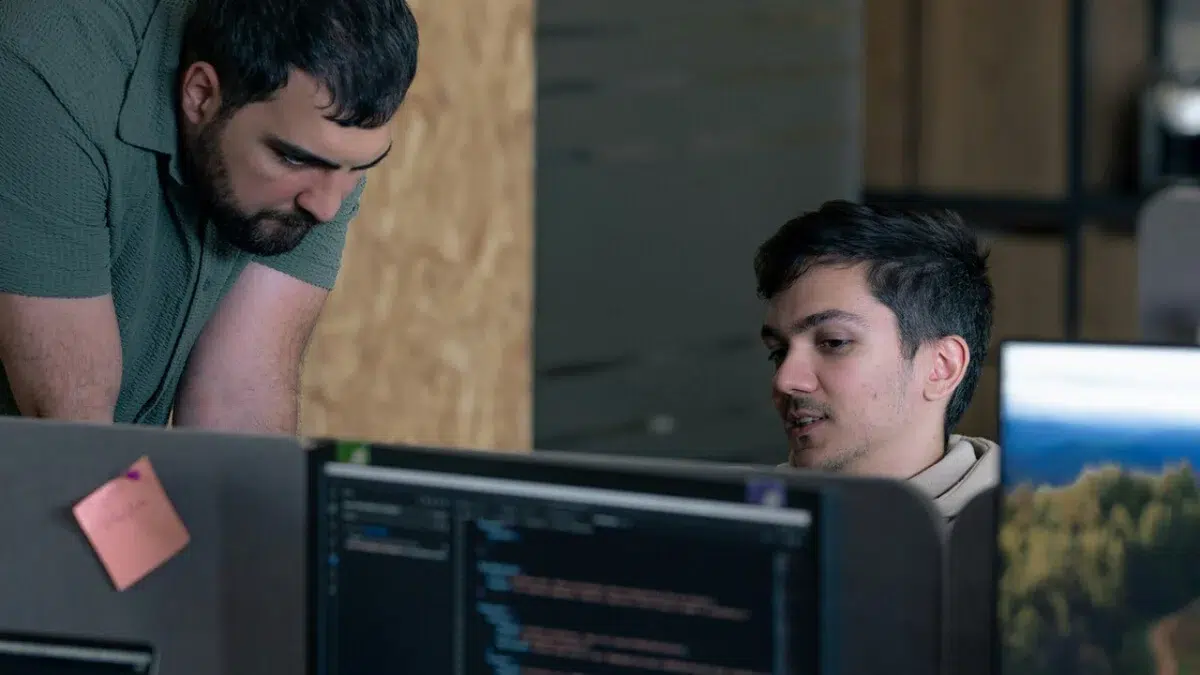As thousands of young graduates prepare to take their first steps on the job market, an unexpected obstacle is standing in their way: artificial intelligence. The technological promise that was supposed to relieve us of repetitive tasks seems, paradoxically, to be blocking the access of new generations to the professional world.
The broken path to employment
Traditionally, young people start their careers with internships, junior positions or simple assignments that allow them to learn and climb the ladder. But as Aneesh Raman, Head of Business Opportunities at LinkedIn, explains, “the first rung of the career ladder is disappearing”. Why? It is precisely these introductory tasks – administrative, repetitive, often unskilled – that companies are now entrusting to generative AI.
Tech giants such as Amazon, Google and Microsoft are already automating tasks previously carried out by young employees: writing bits of code, data entry, administrative assistance, etc. The result? A drop in “on-the-job” learning opportunities.
According to the New York Federal Reserve, the unemployment rate for young graduates in the United States is 5.8%, compared with 6.2% for younger workers. This rise is partly linked to the rapid automation of entry-level tasks. Companies such as Duolingo and Shopify are already actively reducing the recruitment of juniors for these roles, preferring to entrust them to AI systems.
Is the future looking bleak for young people?
Chris Hyams, CEO of Indeed, points out that “in around two-thirds of professions, more than half of the skills required can be performed satisfactorily, or even excellently, by current AI”. While AI does not completely replace jobs, it does render many stages of the traditional training pathway obsolete.
The paradox is striking: companies are warning of a shortage of skilled labour… but are no longer offering the conditions to train this talent. In Europe, this tension is all the more marked because companies are struggling to recruit experienced technical profiles, while young people can no longer access the positions that would allow them to become such.
If the trend continues, AI will not eliminate millions of jobs in one fell swoop: it will simply prevent future professionals from emerging. And in the long term, there is a great risk that we will end up with powerful tools, but without enough qualified human resources to supervise and develop them. But for this to be of benefit to everyone, we need to rethink professional integration and guarantee a space for human learning where machines are gaining ground.

